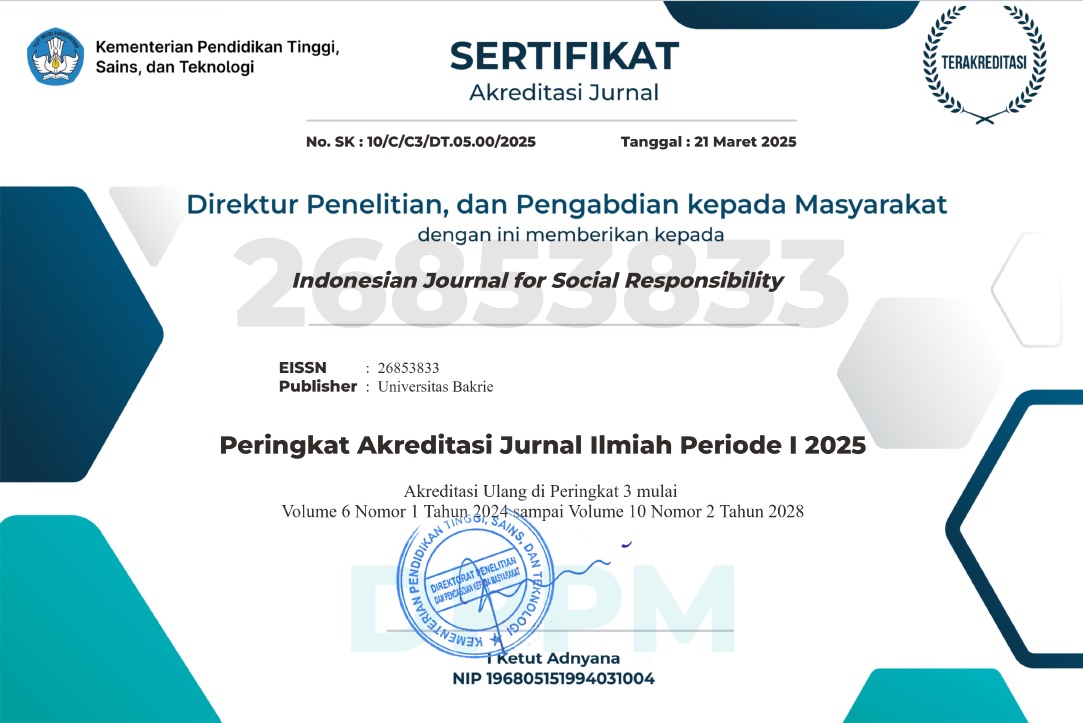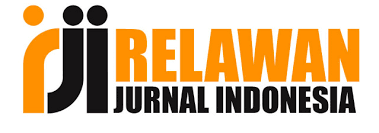Peningkatan Kapasitas Masyarakat dalam Pengelolaan Homestay untuk Wisatawan
DOI:
https://doi.org/10.36782/ijsr.v7i02.473Keywords:
Community Capacity, Digital Marketing, Ecotourism, Homestay Management, Sustainable TourismAbstract
Community-based homestay management is one of the strategies in supporting the development of sustainable tourism and based on the local economy. However, there are still many homestay managers who face various obstacles, such as a lack of understanding of service standards, limitations in digital marketing, and a lack of implementation of sustainability concepts. This community capacity building program in homestay management aims to improve servicequality, digital marketing strategies, and environmentally friendly practices in homestay management in Sidomulyo Village, Jember Regency. The method used in this program is the Participatory Action Research approach. The results of this program show that after the training, 80% of tourists feel more satisfied with the homestay service, while 90% of managers start actively marketing their homestays through social media and online platforms. In addition, the concept of sustainability is on the rise, with 70% of homestay managers starting to implement waste sorting systems and reduce the use of single-use plastics. Despite this, the program still faces a number of challenges, such as limited funds for facility renovations, lack of ongoing assistance in digital marketing, and lack of cooperation with travel agents and tour operators.
Downloads
References
Andriani, D., Juliansyah, R., Wiratanaya, G. N., Sari, D. P., Pidada, I. B. A., Purwaningrum, H., Hatibie, I. K., Putri, Z. E., Haryanto, E., Feriyandi, Satmoko, N. D., Lumanauw, N., Afrilian, P., & Hanim, W. (2022). Perancangan Pariwisata. Bandung: Widina Bhakti Persada Bandung.
Badan Pusat Statistik Kabupaten Jember. (2023). Kabupaten Jember dalam Angka: Jember Regency in Figures 2023. Badan Pusat Statistik Kabupaten Jember. Diakses dari: https://jemberkab.bps.go.id/publication/2023/02/28/46b8ccfda84206c194817bd2/kabupaten-jember-dalam-angka-2023.html
Deutsche Bank Indonesia. (2023). Deutsche Bank Indonesia Annual Report 2023. Deutsche Bank AG. Diakses dari: https://country.db.com/indonesia/documents/Annual-Reports/Deutsche-Bank-Indonesia-Annual-Report-2023.pdf
Dinas Pariwisata Kabupaten Jember. (2024). Laporan Kinerja Instansi Pemerintah Tahun 2023. Jember: Dinas Pariwisata Kabupaten Jember.
Faozen, F. & Jatmiko, H. (2022). Studi Potensi Desa Wisata Sidomulyo Jember Sebagai Alternatif Pembangunan Berkelanjutan. Journal of Tourism Destination and Attraction, 10(2), https://doi.org/10.35814/tourism.v10i2.3716
Guggenberger, P., Maor, D., Park, M., & Simon, P. (2023). The State of Organizations 2023: Ten Shifts Transforming Organizations. McKinsey & Company. Diakses dari: https://www.mckinsey.com/capabilities/people-and-organizational-performance/our-insights/the-state-of-organizations-2023
Kafle, D. R. (2023). Exploring Homestay Tourism in Nepal: Unveiling Opportunities and Challenges. Historical Journal, 14(2), 54–64. https://doi.org/10.3126/hj.v14i2.59055
Media Center Sidomulyo. (2022). Profil dan Potensi Desa Sidomulyo 2022. Deswita Sidomulyo. Diakses dari: https://deswitasidomulyo.com/profil-desa-sidomulyo-2022/
Paulauskaite, D., Powell, R. A., Coca-Stefaniak, J. A., & Morrison, A. M. (2017). Living like a local: Authentic tourism experiences and the sharing economy. International Journal of Tourism Research, 19(6), 619–628. https://doi.org/10.1002/jtr.2134
Sawitri, M. Y., Suryawan, D. K., & Andriani, A. A. S. P. R. (2020). Implementation of Waste Processing from the Source by the Traditional Village of Cagaan, Tampaksiring District, Gianyar Bali. AJARCDE (Asian Journal of Applied Research for Community Development and Empowerment), 4(3), 1–5. https://doi.org/10.29165/ajarcde.v4i3.58
Setiawan, D. B. (2023). The One-Stop Homestay Management Model in the Tourism Village of the Borobudur Super Priority Tourism Destination Area (DPSP) Indonesia. Proceedings of the 15th Global Conference on Business and Social Sciences 2023, 15, 54. https://doi.org/10.35609/gcbssproceeding.2023.1(54)
Syamsul, A. D. S., Lestari, I., Arini, S., Natria, D., Iswanto, T., & utomo, B. (2023). Conformity Assessment Analysis of Self-Declare Ecolabel Criteria for Indonesia’s Tourism Villages Development in Cikolelet, Banten Province. International Journal of Green Tourism Research and Applications, 5(1), 60–80. https://doi.org/10.31940/ijogtra.v5i1.60-80
UNESCO. (2009). UNESCO World Report: Investing in Cultural Diversity and Intercultural Dialogue. UNESCO. Diakses dari: https://unesdoc.unesco.org/ark:/48223/pf0000184755
UNWTO. (2023). Tourism and Rural Development: A Policy Perspective. UNWTO. Diakses dari: https://www.unwto.org/rural-tourism
Wahyuni, R. B. & Puksi, F. F. (2019). Homestay Development With Asean Homestay Standard Approach In Nglanggeran Tourism Village, Yogyakarta, Indonesia. Proceedings of the 1st International Conference One Belt, One Road, One Tourism (ICOBOROT 2018), 174–180. https://doi.org/10.2991/icoborot-18.2019.5
Woli, L. (2022). Impact of Homestays on Socio-economic Opportunities of the Local Community. KMC Journal, 4(2), 212–223. https://doi.org/10.3126/kmcj.v4i2.47779
Downloads
Published
How to Cite
Issue
Section
License
Copyright (c) 2025 Faozen, Juhanda , Edhi Siswanto

This work is licensed under a Creative Commons Attribution-NonCommercial 4.0 International License.















